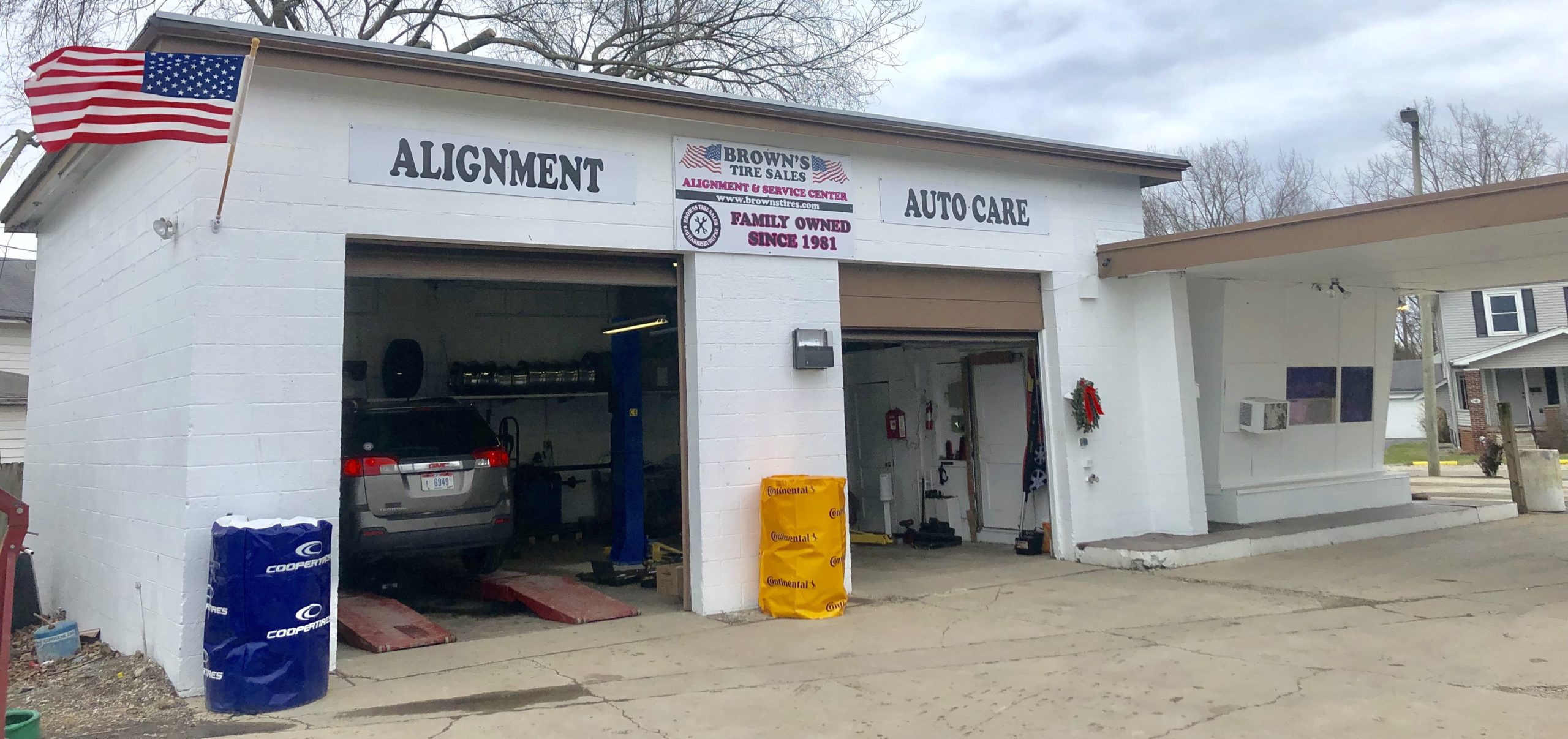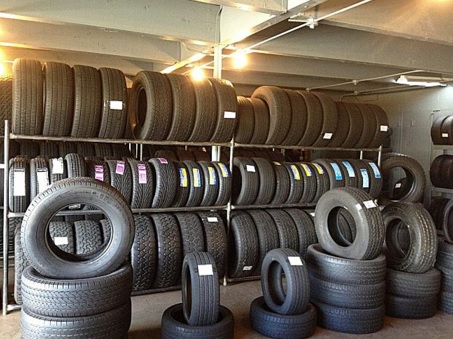The Ecological Advantages of Appropriate Tire Upkeep
Maintaining correct tire treatment is frequently ignored, yet its influence on the atmosphere is profound. From lowering fuel intake to lowering emissions output, the benefits are significant. Appropriate tire maintenance not only expands the life expectancy of tires yet also reduces land fill waste and adds to enhanced air high quality. The interconnectedness of these benefits highlights the important role that straightforward maintenance techniques can play in promoting ecological sustainability.
Minimized Gas Intake
Improving tire upkeep methods can result in a considerable reduction in fuel consumption for lorries. discount tires morris il. Properly inflated tires ensure optimal call with the road surface area, reducing rolling resistance and improving gas efficiency. According to the U.S. Department of Energy, underinflated tires can decrease gas mileage by 0.2% for each 1 psi decrease in stress in all 4 tires. This might appear like a small portion, but when increased by the variety of automobiles when traveling, the cumulative influence is considerable.
Along with tire pressure, regular tire rotations and placements also play an essential function in fuel performance. Unevenly worn tires can boost gas intake as the engine functions harder to maintain rate and traction. By maintaining appropriate placement and rotating tires at recommended periods, drivers can make sure even wear and prolong the life of their tires, ultimately conserving gas and minimizing their carbon impact.
Extended Tire Life-span
Prolonging the lifespan of tires is a key aspect of effective vehicle upkeep methods that can yield expense financial savings and ecological benefits in the future. By appropriately preserving tires, motorists can substantially prolong their functionality, decreasing the frequency at which new tires need to be made and old ones gotten rid of. This not just saves beneficial sources but likewise minimizes the power and exhausts linked with tire production and disposal procedures.
Regularly examining tire stress, revolving tires, and making sure proper alignment are vital actions in prolonging tire life-span. Ample step depth is vital for optimum traction and safety, yet it additionally plays a role in just how long tires can be made use of before needing substitute. In addition, staying clear of aggressive driving actions that increase tire wear, such as extreme stopping and sharp turns, can even more improve tire resilience.
Eventually, boosting the durability of tires with aggressive upkeep not just profits the environment by decreasing waste and saving sources however also leads to cost financial savings for lorry proprietors by postponing the demand for new tire purchases.
Reduced Emissions Outcome
Efficient tire maintenance techniques contribute to a reduction in emissions output, aligning with ecological sustainability goals in the automotive industry. By maintaining optimum tire pressure degrees, discount tires morris il vehicle drivers can aid minimize these unfavorable environmental influences.
Additionally, well-kept tires also enhance traction and minimize rolling resistance, further improving gas effectiveness. This, in turn, lowers the amount of exhaust gases released right into the ambience. Additionally, guaranteeing tires are correctly pumped up and aligned can prolong the life-span of the tires, reducing the frequency of tire substitutes and the connected ecological prices of tire manufacturing and disposal.

Reduced Garbage Dump Waste
Given the favorable influence of appropriate tire maintenance on decreasing discharges outcome, one more significant environmental benefit is the potential for decreased landfill waste. By making certain that tires are properly blown up, aligned, well balanced, and revolved consistently, their life-span can be substantially prolonged.

Improved Air Top Quality
Enhancing air high quality via appropriate tire upkeep techniques is a vital aspect of lasting ecological stewardship. When tires are underinflated, they create extra moving resistance, bring about enhanced gas usage and higher discharges of unsafe pollutants such as carbon monoxide gas and nitrogen oxides. Effectively inflated tires not just boost fuel efficiency however additionally minimize the quantity of toxins launched into the air.
Furthermore, well-kept tires with correct step depth and alignment contribute to more secure driving conditions, minimizing the chance of accidents that can result in the release of extra contaminants right into the ambience. By expanding the life expectancy of tires via routine maintenance and turning, fewer tires are thrown out prematurely, decreasing the environmental impact of tire disposal and manufacturing processes.
Verdict
Finally, proper tire upkeep supplies countless ecological advantages. By lowering gas usage, prolonging tire life-span, lowering exhausts result, lowering land fill waste, and enhancing air quality, individuals can add to a healthier planet. These efforts not just profit the setting however likewise help to preserve resources and minimize total environmental effect. It is crucial for people to focus on tire maintenance as a simple yet reliable means to safeguard the setting for future generations.
Correct tire maintenance not just extends the life-span of tires but also reduces landfill waste and contributes to boosted air quality - tire tracks morris il. By preserving appropriate placement and revolving tires at advised periods, vehicle drivers can ensure even lengthen the life and wear of their tires, inevitably saving fuel and minimizing their carbon footprint
By effectively maintaining tires, motorists can considerably lengthen their usability, lowering the frequency at which new tires require to be manufactured and old ones disposed of.Regularly inspecting tire stress, revolving tires, and making certain proper positioning are essential steps in expanding tire lifespan. Furthermore, making sure tires are correctly inflated and aligned can prolong the life-span of the tires, reducing the frequency of tire substitutes and the associated environmental expenses of tire manufacturing and disposal.